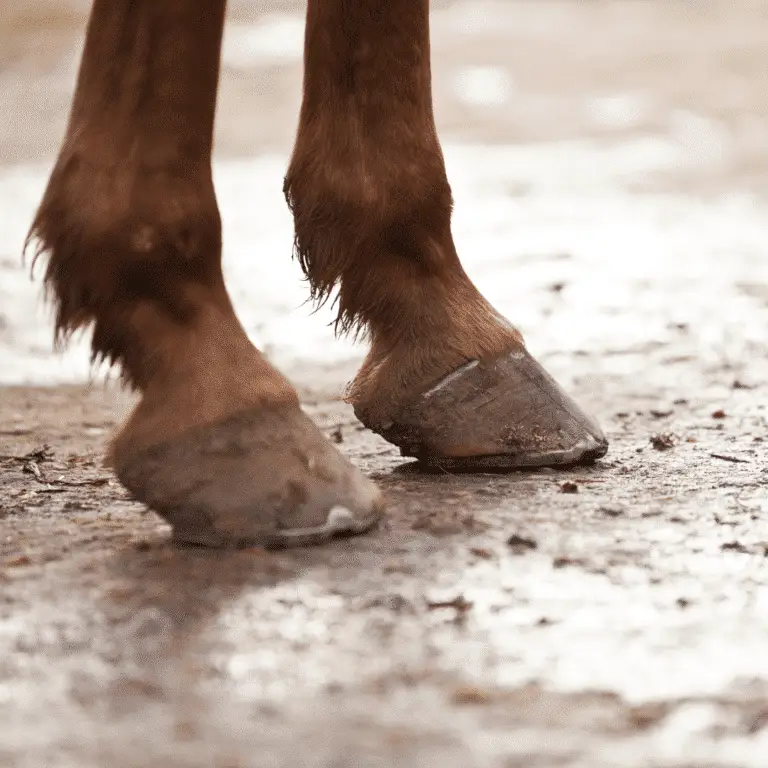Whether you’re a seasoned equestrian or new to horse care, understanding the symptoms, treatments, and management strategies for cancerous conditions is crucial for your horse’s health and well-being.
Cancer and tumors in horses can manifest in various ways, including abnormal growths, skin lesions, and changes in behavior or appetite. Recognizing these symptoms early can make a significant difference in your horse’s prognosis. Our articles cover a wide range of cancerous conditions, from common tumors like Sarcoids and Melanomas to more rare types such as Lymphomas and Squamous Cell Carcinomas.
Each article delves into the underlying causes of these conditions, evidence-based treatments including surgery, chemotherapy, and immunotherapy, as well as practical tips for supportive care and palliative measures. Whether you’re looking for advice on monitoring your horse’s health, signs to watch for, or seeking guidance on when to consult a specialized veterinary oncologist, we’ve got you covered.





